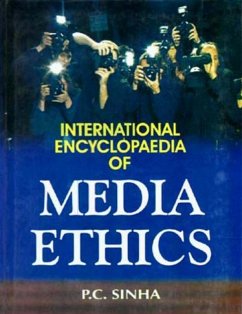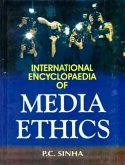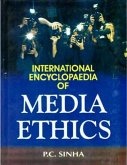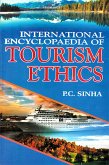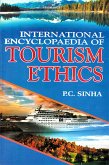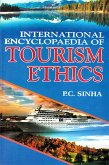Media ethics is basically a system of - guidance for media professionals designed to assist in living within a society. It involves with all elements of media, such as the package of information containing news releases, fact sheets, backgrounders, photographs, positions papers, reprints and other materials given to news media representatives. This International Encyclopaedia of Media Ethics successfully articulates a comprehensive idea about media ethics that can help guide any conscientious online writer also. Ethical behaviour with in the media will fail to be consistent with the intent of its Code of Ethics unless journalists realize that the key terms in the Code-words such as honest, fair, public interest and so on- are not clear and easily understood guides to action but, rather, invitations to decide on a particular meaning and interpretation of those words in specific circumstances. To do ethics does not just mean deciding case-by-case on the applicability of the ethical standards in light of consequences: to do ethics, to live the professional ethical life, means engaging with the political nature of language-that the words chosen, the perspectives represented as the only perspective, the codes and structures of story-telling are all political acts. These individual informational acts, then, make the political personal for journalism. Media ethics might be in need of change, then, but perhaps what needs to change is our understanding of just how we might approach the complex task of being ethical.
Dieser Download kann aus rechtlichen Gründen nur mit Rechnungsadresse in A, B, BG, CY, CZ, D, DK, EW, E, FIN, F, GR, HR, H, IRL, I, LT, L, LR, M, NL, PL, P, R, S, SLO, SK ausgeliefert werden.

